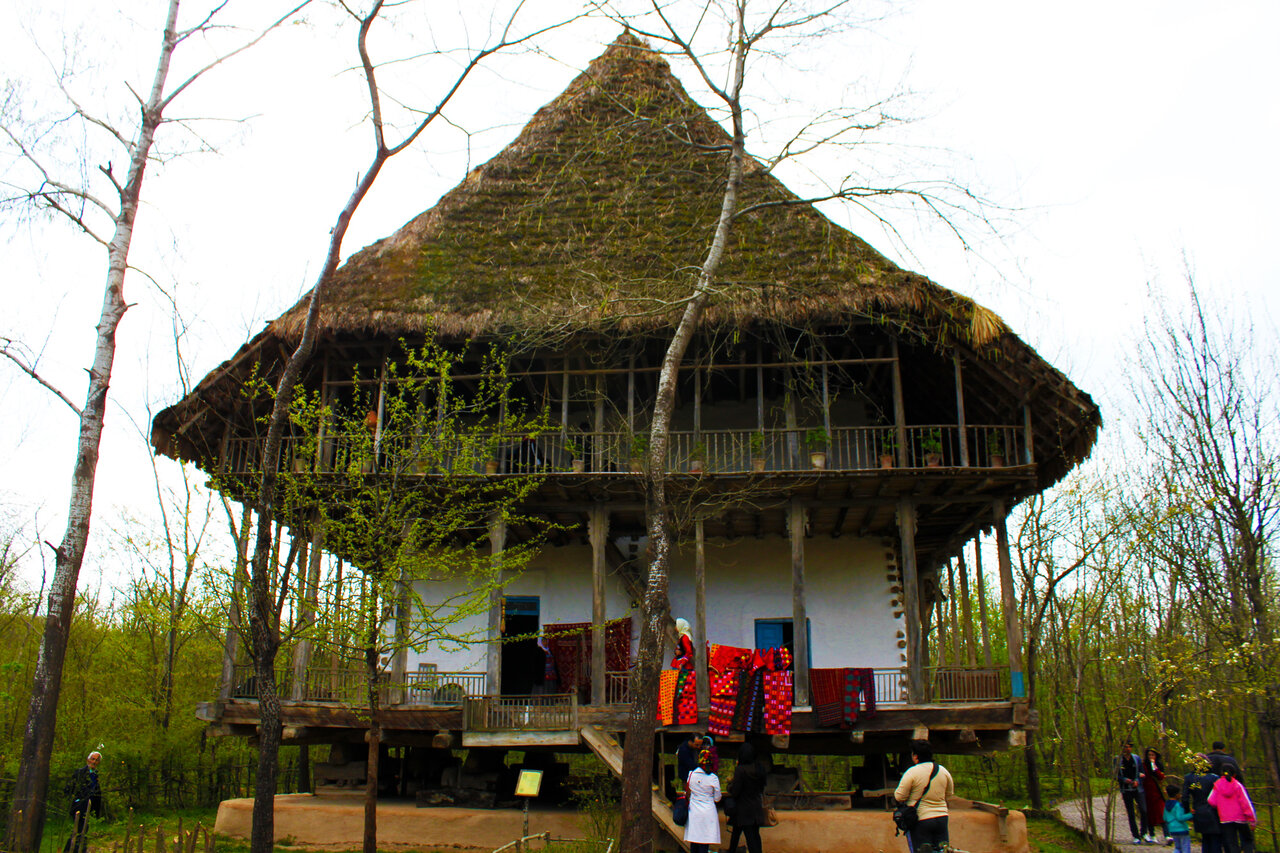Green tourism: new frontier for sustainable travel in Iran

TEHRAN – As Iran looks to fully recover from the impact of the pandemic on its travel industry, new investments can provide a path toward sustainable tourism.
Available evidence suggests the genre is emerging as a new frontier for Iran’s tourism when the world becomes more environmentally conscious and the concept of “green tourism” becomes increasingly important.
Home to diverse natural landscapes and cultural heritage gems, Iran has already taken steps to promote green tourism that focuses on minimizing the negative impact of conventional tourism on the environment in a sustainable approach.
The tourism industry of the country can benefit from green tourism in several ways. Firstly, it can help to diversify the country’s tourism offerings beyond its historical and cultural attractions. By promoting its natural beauty and wildlife, Iran can attract a new segment of travelers who are interested in eco-tourism experiences.
Secondly, green tourism can help boost the local economies. Eco-tourism activities such as hiking and camping require local guides, porters, and other support staff, providing employment opportunities for people in rural areas. Additionally, eco-tourism can encourage the development of small businesses such as eco-lodges, organic farms, and handicraft shops, which can generate income for the locals.
Thirdly, green tourism can help to promote environmental conservation and sustainable development. By encouraging responsible tourism practices, such as reducing waste, conserving water, and protecting wildlife, Iran can help preserve its natural resources for future generations. Additionally, eco-tourism can raise awareness about environmental issues and promote sustainable development practices in local communities.
Among the challenges are lack of awareness and decent education. Many tourists are not aware of the impact that their travel has on the environment, and many locals and even industry professionals are not trained in sustainable tourism practices. Such a deficiency can lead to unsustainable practices; overuse of natural resources, pollution, and destruction of ecosystems.
Another challenge is the lack of desired infrastructure and resources. For example, there may be a lack of recycling facilities, public transportation, or eco-friendly accommodations in some areas.
Experts, however, believe more needs to be done to ensure those efforts are bearable and have a positive impact on the environment and local communities. One of the key priorities in that regard is to promote eco-friendly transportation, reduce waste and carbon emissions, and support local communities through responsible practices.
Such investments can also help create new job opportunities and support the growth of small and medium-sized enterprises in the tourism industry to help diversify the economy and reduce dependence on traditional industries.
Over the past couple of years, the Iranian tourism ministry, for its part, has made efforts to popularize green tourism. For example, during tourism week (which started on Sep. 27 to mark World Tourism Day), Iran held more than 150 recreational programs to promote green tourism, the deputy tourism minister said in September. Ali-Asghar Shalbafian underlined that green tourism is becoming increasingly popular among travelers who are seeking an authentic travel experience while minimizing their environmental footprint.
Green tourism, also known as sustainable tourism, is a growing trend in the global tourism industry. It involves promoting environmentally friendly practices and supporting local communities to ensure that tourism has a positive impact on the environment and society.
AFM
